
Tanzania is famous for its safaris from the massive Serengeti to the beautiful Ngorongoro Crater and beyond. The town of Arusha, which acts as home base for many Tanzania safari companies, recently received a TripAdvisor Traveler’s Choice award as one of the Top 10 Africa Destinations in 2017 as well. Teeming with wildlife, exotic landscapes and national parks to explore, this African nation has become a hotspot for international travelers. In the seven days we were there, we visited four national parks and three UNESCO World Heritage Sites, witnessed the great wildebeest migration, and saw the big five…a successful safari by any measure.
We were hosted by Tripifini, a new travel booking site that works directly with local operators to create custom vacations based on what you want to see and do. The service, attention to detail and guides they used were on point and I’d recommend checking them out for a big-ticket trip like this. You can see the safari we took on their site here—and my top 10 things to know before you go in yesterday’s post.
Here’s a photo recap of our Tanzanian adventure.
Day 1: Tarangire National Park
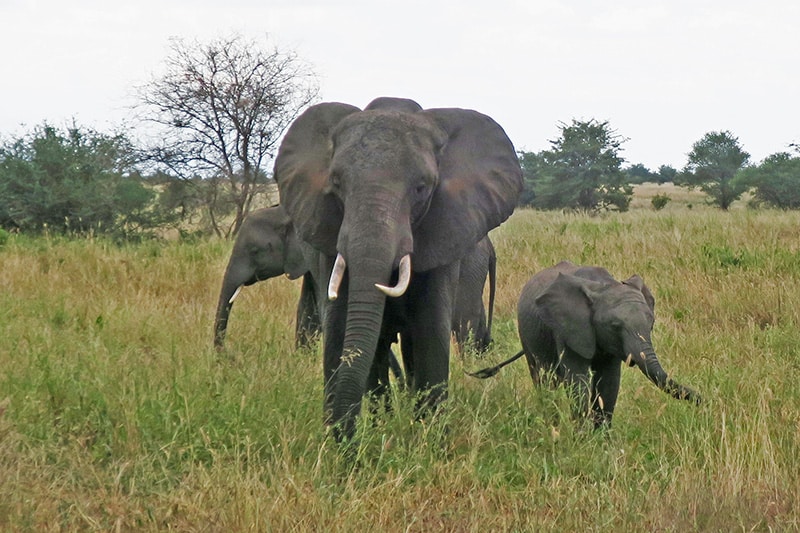
Famous for its abundance in elephants, Tarangire National Park is Tanzania’s sixth-largest at 2,350 sq km. Its forests of baobab and acacia trees are rich with wildlife including giraffes, zebras, impalas, and lions. We spent our first day exploring the park followed by a night at Maramboi Tented Camp, a luxury camp between Tarangire and Lake Manyara National Parks with comfortable cabins, delicious food and even a sunset happy hour.
Day 2: Drive to Serengeti National Park
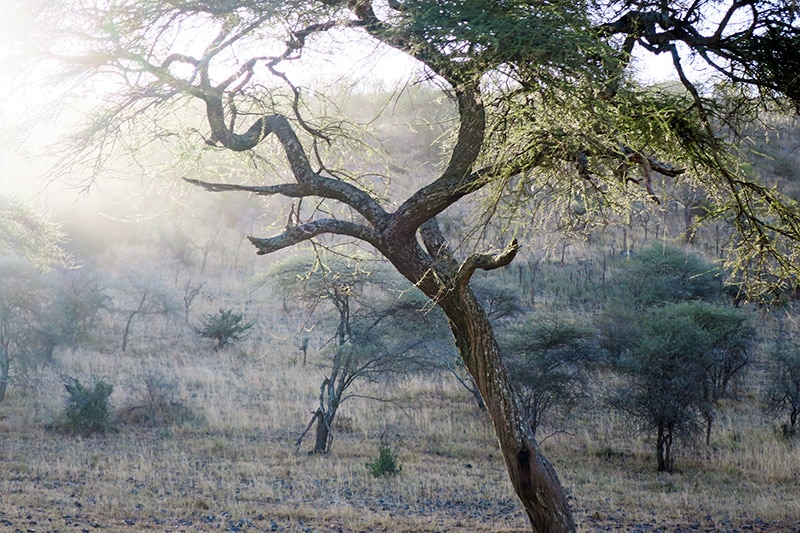
Getting from Tarangire National Park to the Serengeti takes almost a full day in itself. And having to meet a runner from the airport to get our bags that were left behind by KLM in Amsterdam delayed things even further. Although the drive was long and bumpy, the views were spectacular and the journey through Ngorongoro Conservation Area was particularly beautiful. Here are the photos from our trek:
Days 3-5: Serengeti National Park
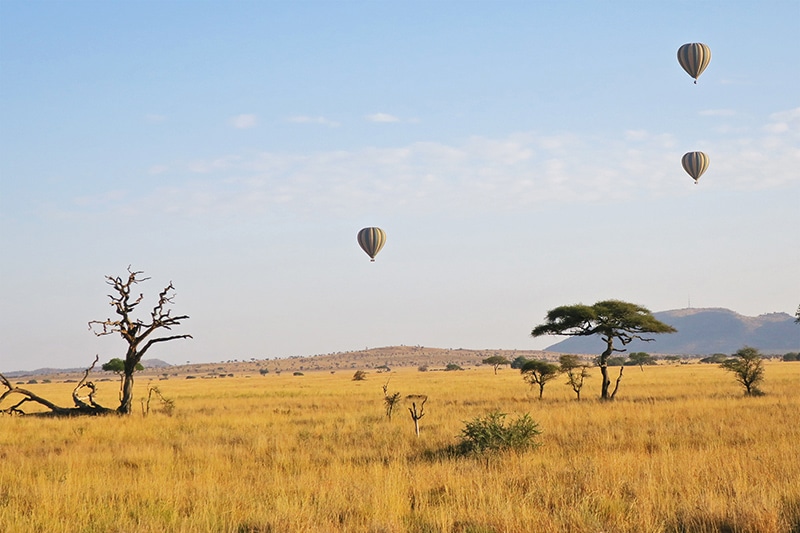
Serengeti National Park is massive—14,763 sq km to be exact and larger than the state of Connecticut. We spent ten hours a day for three days exploring the central, west and southern areas of the park and still only covered about 10% of it. Likely one of Africa’s most famous safari destinations and location of the annual wildebeest migration, the Serengeti is also one of the oldest ecosystems on earth. It was here that we saw the most animals, including thousands of impalas, gazelles, zebras, and wildebeest along with dozens of lions and cheetahs and even the elusive leopard.
Our accommodation was the Serengeti Acacia Camps, a mid-luxury camp inside the park. The staff was super friendly, the food was great and the tents were almost as big as my apartment and complete with a king-sized bed, flushing toilet and shower with hot water. Staying at a camp inside the park meant we were never far from the action and could hear buffalo grazing outside our tent and hyenas calling to each other nearby at night. An awesome experience.
Day 6: Ngorongoro Crater
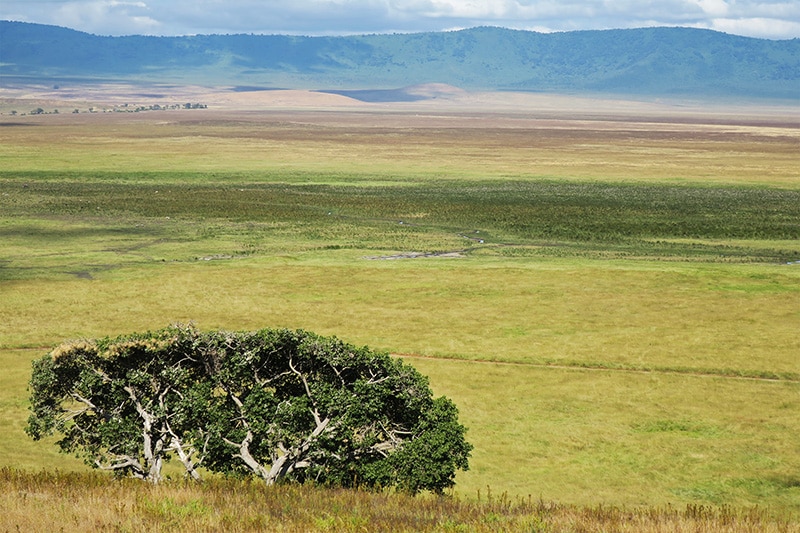
The largest unbroken caldera in the world at 19km in diameter, Ngorongoro Crater is a UNESCO World Heritage Site and home to thousands of animals—including all of the big five (lions, leopards, buffalo, elephants, and rhinos). It’s one of the most beautiful safari locations on earth and was one of our favorite places we visited on the trip.
Day 7: Lake Manyara National Park
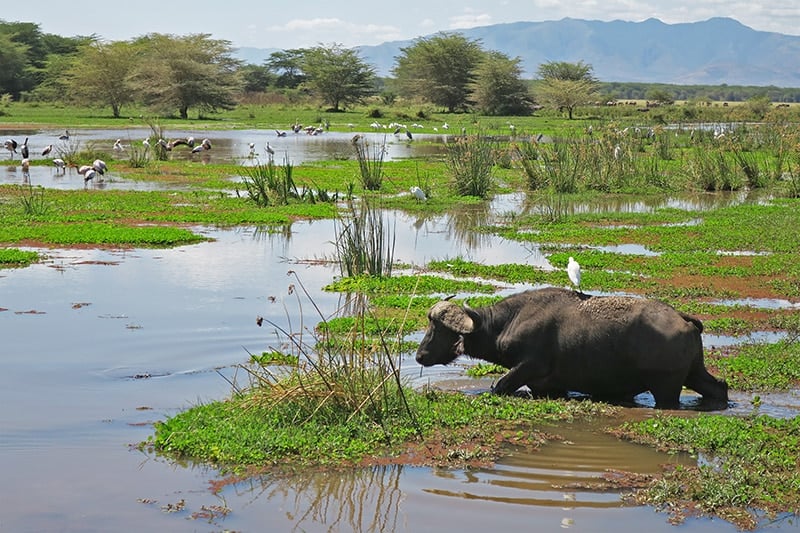
Our final day on safari was spent at Lake Manyara National Park. The park is famous for its baboons, flamingos and elephants. It’s also the mating grounds for pelicans and other migratory birds that make the trip from Europe each year to reproduce. We spent the better part of a day driving the many loops and trails looking for leopards and lions, but to no avail. While we didn’t see any predators in this particular park, it was still worth checking out. We spent the night at Ngorongoro Farm House, a working coffee plantation and organic farm that produces all its own fruits, vegetables and meat. One of the nicest places we stayed during our time in Tanzania, Ngorongoro Farm House was a beautiful boutique hotel with excellent cuisine, nightly music performed by a local tribe, and magnificently well-kept gardens and flora abound.
Ready to plan your safari adventure?
If you’re looking for a spectacular Tanzanian safari experience, Tripifini is a good company to use. They create custom itineraries based on what you want to see and the types of camps/hotels you want to stay at, and they work with high-end local operators that take care of everything—including all park fees, gas and airport transfers (they even expedited the visa process at the airport).
To get started, check out Tripifini’s African Safari Guide or take a look at the Tanzania safari we took, and when you’re ready to start planning your trip click here to receive $200 off for Johnny Jet readers.
From yesterday: 10 Things to Know Before Planning a Tanzanian Safari.
For more on Tanzanian safari—and trips across the globe—check out tripifini.com. For even more, see Joe Sharkey’s post: Our 5-Country African Safari: An Accounting.

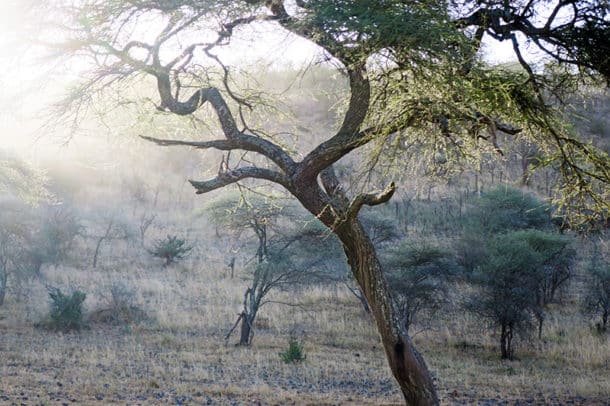
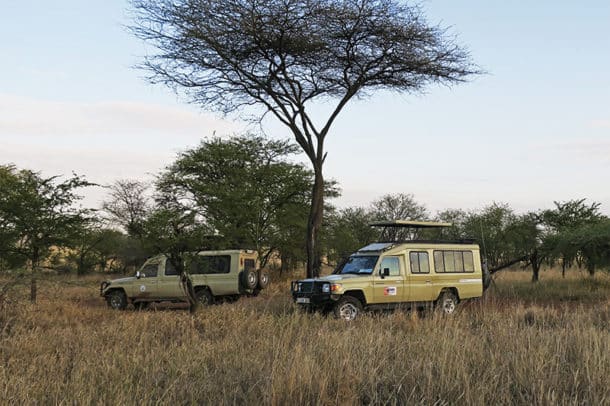
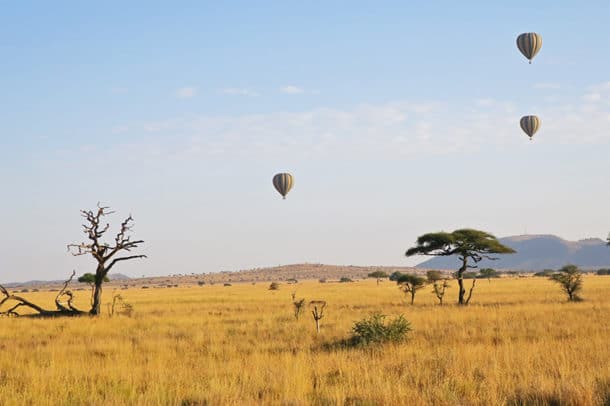
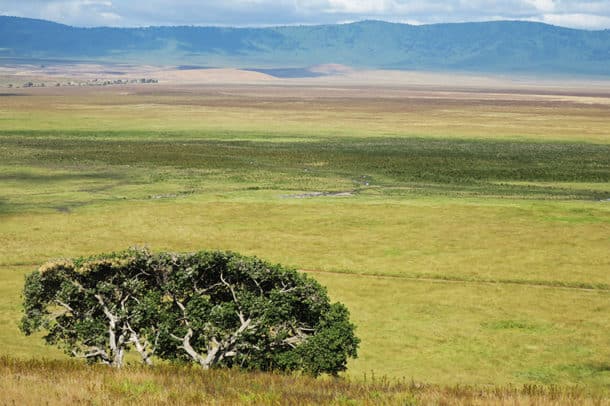
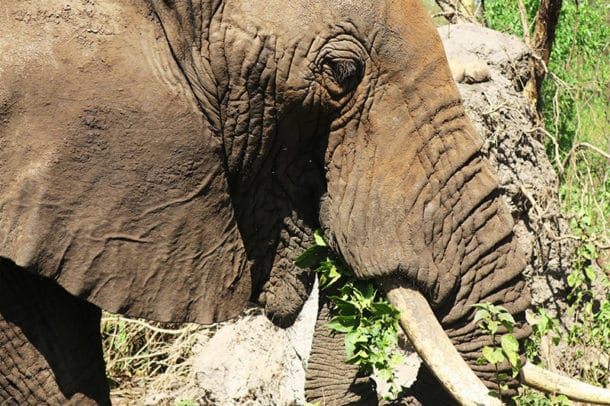
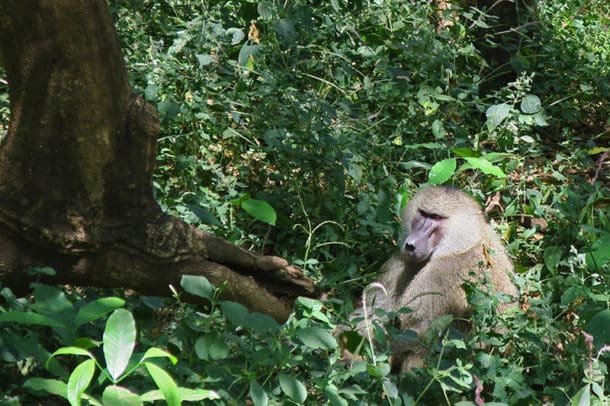
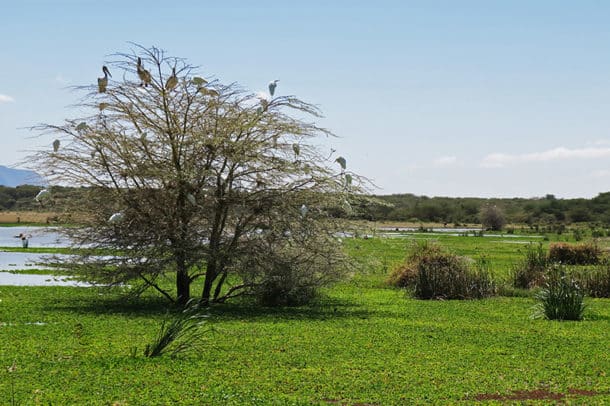
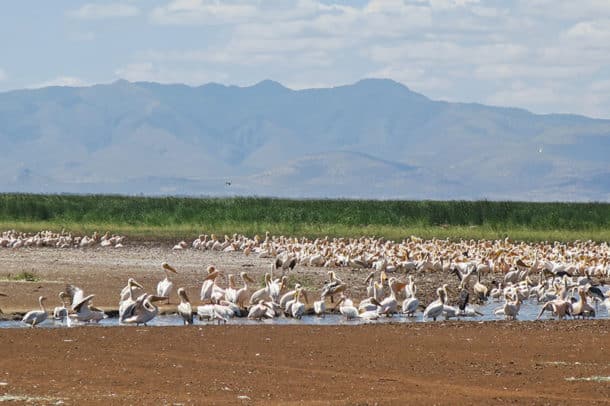
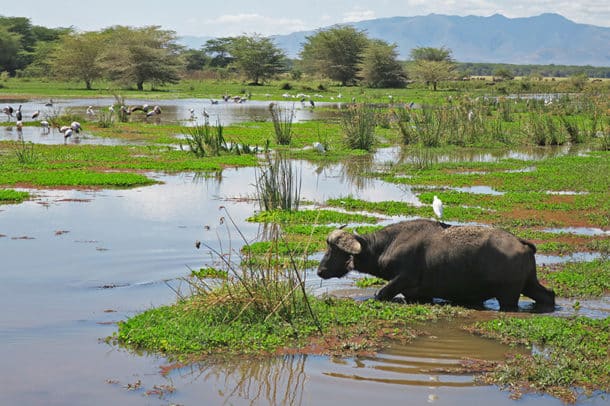
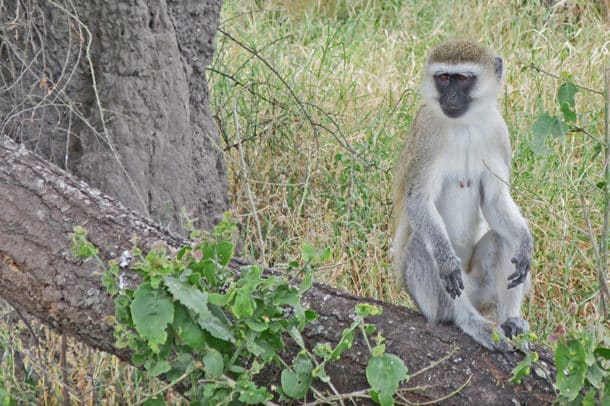
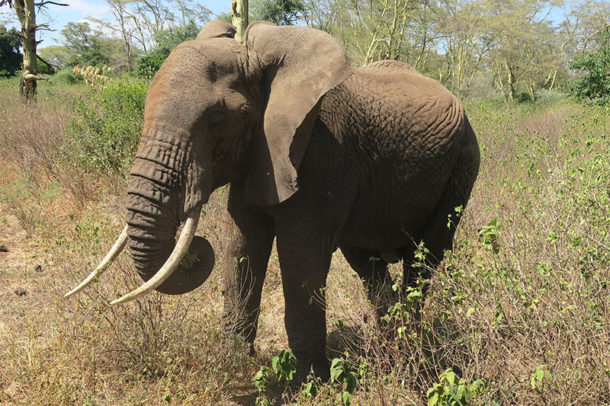
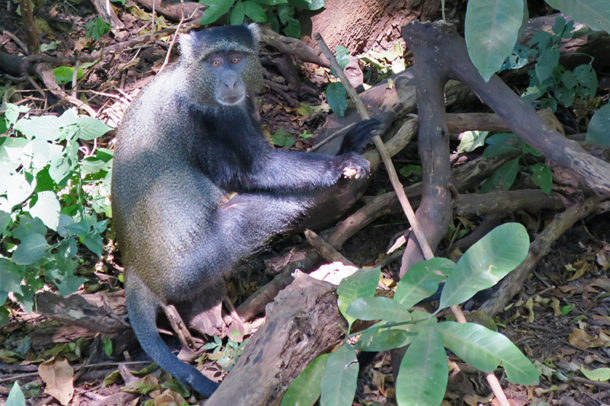
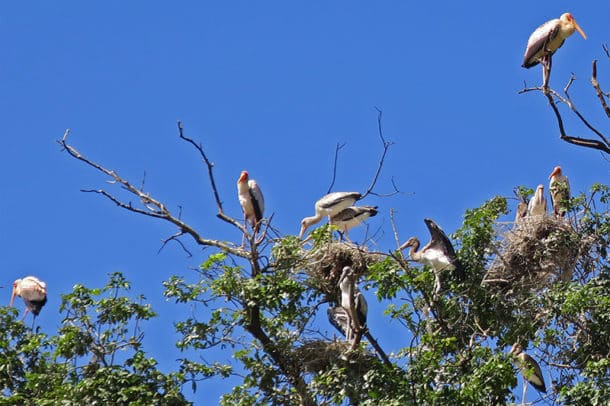
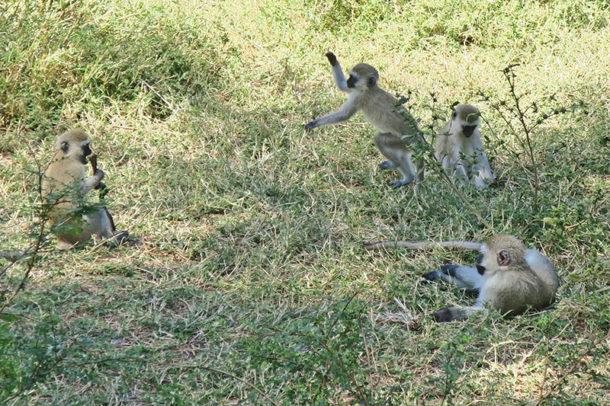
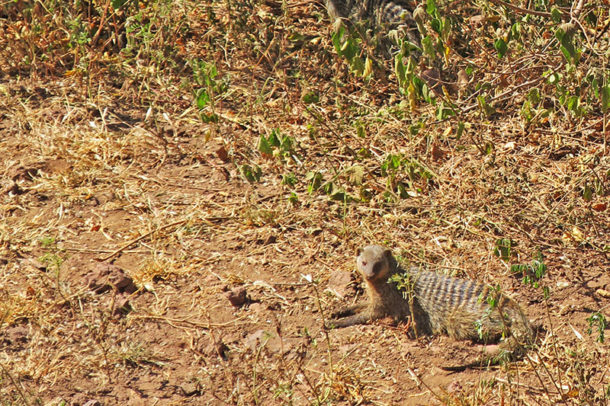

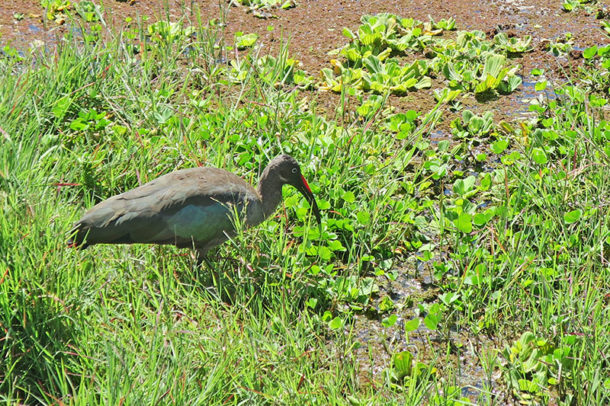
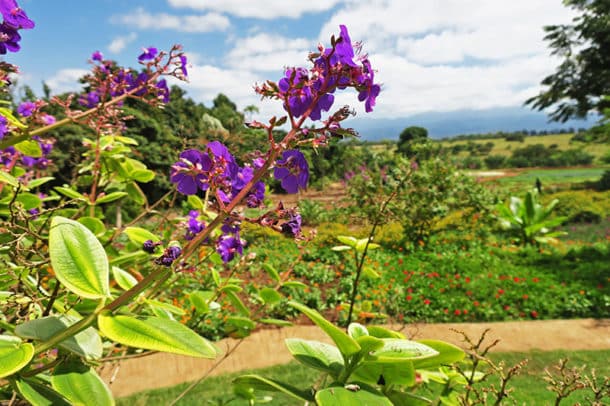
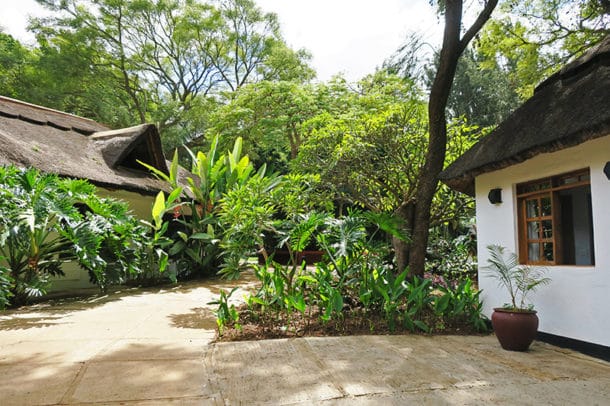
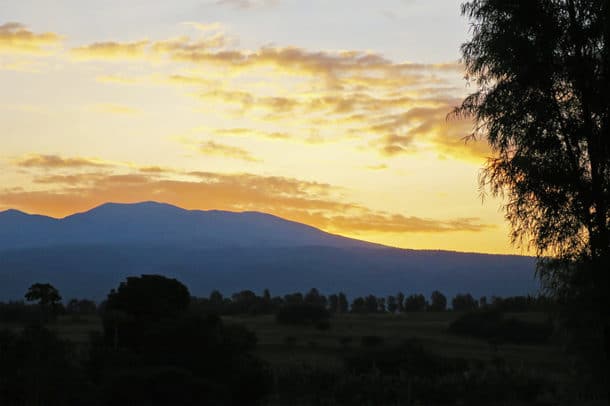
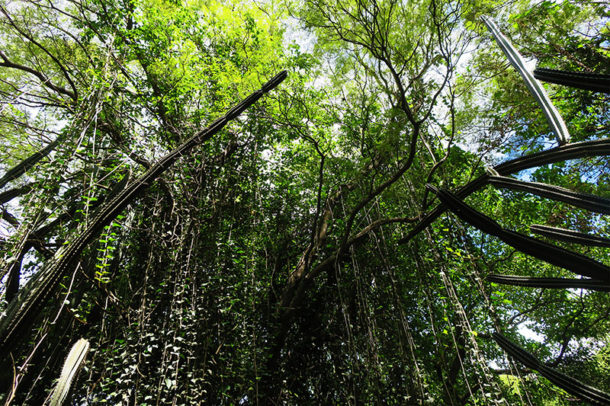
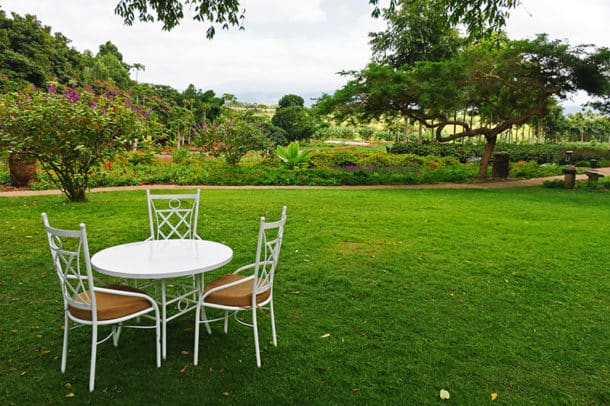
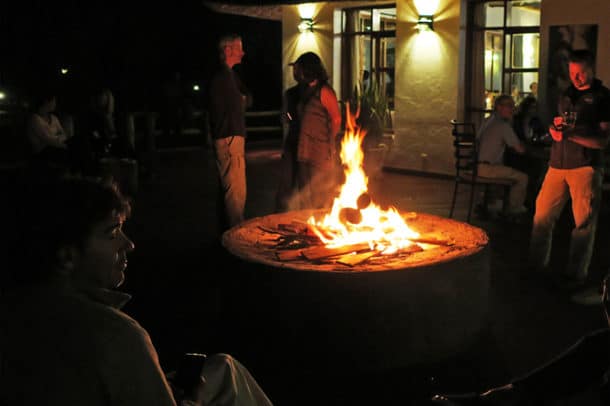
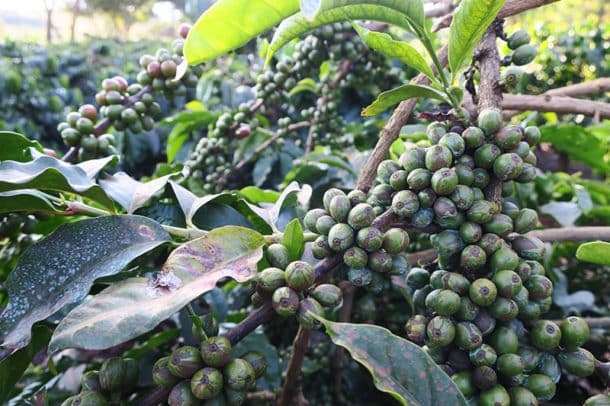
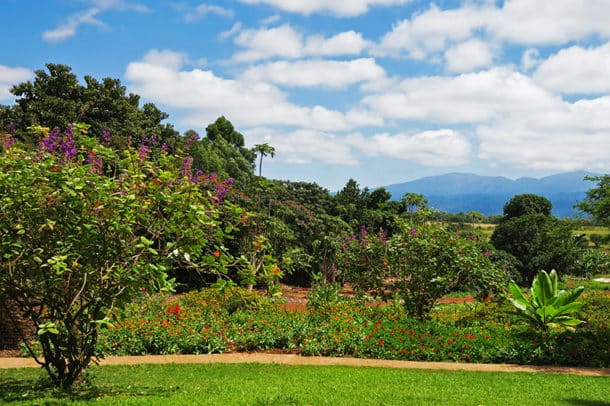






Wow! Just pure wow! Been thinking of heading to africa for a while now… but this should really get me going!
Tanzania has such a picturesque landscape. It is difficult not to leave a peace of your heart behind.
Excellent information! Very helpful post thanks for the info.